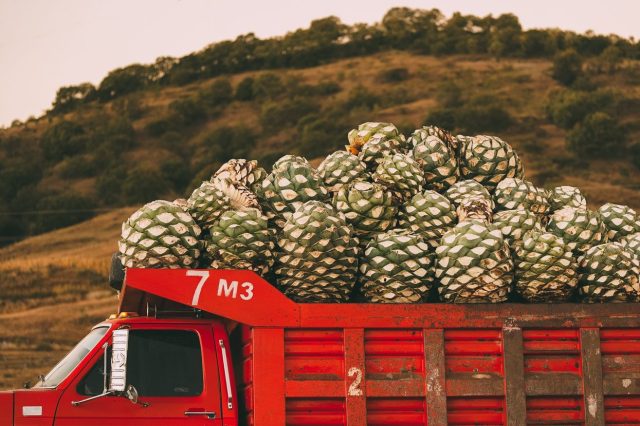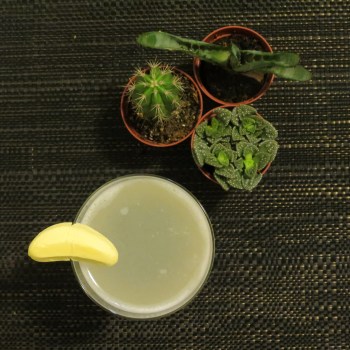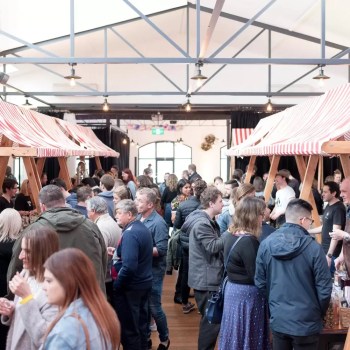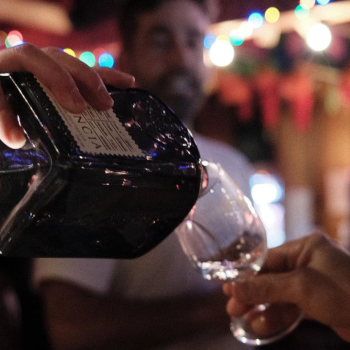Many producers and agave afficionados see education as the next step in the growth of the booming agave spirits category, and the on-premise is well-positioned to expose consumers to this diverse category.
Cocktail culture has been a big factor in the growth of agave spirits, particularly tequila, as this exposed consumers to quality spirits. However, growth in premium and super-premium tequila, as well as other agave spirits such as mezcal, raicilla and bacanora, will require further education to draw in consumers.
Eduardo Condé, General Manager at Sydney’s El Primo Sanchez, has seen consumers become more interested in other agave spirits due to the popularity of tequila.
“Consumer knowledge about agave spirits has improved quite a lot in the last 10 to 15 years. Tequila is a very high consumption spirit, but lately people have become more aware of other agave spirits like mezcal or raicilla. They’re very different to spirits like vodka or gin. Even if it uses the same variety of agave, the spirit changes a lot depending on the region and it can be very versatile,” he told Bars and Clubs.
When Ivy Mix, Co-Owner of New York tequila and mezcal bar Leyenda, opened her own bar, she knew that category education would be key to its success.
“Leyenda has been open for eight-and-a-half years. When we first opened up, I knew that we would be serving drinks that people might not know about, and even if the customers could get past that mental hurdle, they probably couldn’t even pronounce it. In 2015, a lot of bars were going for that speakeasy style, bars that were hard to get into and not easy to access.
“Instead, I made sure we had wide open doors. You can walk right in and sit next to a window. When a customer pronounces cachaça like ‘cacaca’ or ‘cashaka’, the staff gracefully try to lead them in the right direction. We’re trying to emulate the experience that I had in Latin America when I first moved there,” Ivy said.
Australia is still some years behind the US in terms of consumer knowledge about the agave spirits category. Currently, most consumers are aware of unaged Blanco tequila as this is most used in cocktails in cocktails, but Drew Doty, Managing Director of Proof Drinks, encouraged bartenders to promote aged and premium expressions of tequila.
“In the on-trade there appears to be more focus from the bartenders pushing first pour or standard serves and not encouraging the trade-up offer. Most bars will stock Reposado and Añejo but few will have it as the standard pour given the increase in cocktail cost. I think there is a great opportunity for consumers to learn more about tequila and the similarities to ageing of rum and Scotch,” he said.
Mezcal in particular will rely on on-premise promotion, as customers experience the spirit first in cocktails and then try single serves of premium sipping mezcals. Ryan Anderson, Marketing Manager at Vanguard Luxury Brands, expects the rising popularity of Ranch Water cocktails to contribute to exposure to mezcal.
“As Desert Water or Ranch Water takes hold in consumer vernacular, house mezcal will pick up, but it will be on the shoulders of the recommendation from a trusted advisor like a bartender,” he said.
As the category grows, social and environmental responsibility are important considerations when sourcing mezcal for a venue.
“I think the growing interest in mezcal is great, but it’s a double-edged sword. If mezcal came from Scotland, we would be spending a lot more money on it. But it comes from Mexico and there is a lot of opportunity for exploitation and not paying people enough money. There’s almost a race to the bottom of people trying to make the cheapest mezcal possible,” Ivy said.
Political unrest can be a concern for mezcal producers and cause supply chain disruptions.
“It’s important to acknowledge that many of these producers are affected by political issues and violence. I always try to find relevant information from sources that I can trust. It’s not just about the product, it’s about how we can support these guys. Ninety-five per cent of the time, the product is amazing, it’s just about how we can actually get it here, especially as Australia is so far away,” Eduardo said.
Sustainability is another growing concern in the agave spirits industry, with high demand affecting biodiversity and plant health.
“Jalisco has the second largest number of species of agave in Mexico, after Oaxaca, but because tequila is made in Jalisco, they just rip everything up and plant blue agave. All these beautiful agaves that are endemic to the area that have special cultural significance are being ripped out and thrown away because blue agave is the gold,” Ivy said.
High demand has also led to producers making agave spirits from underdeveloped plants or failing to replant agave after harvest.
“These plants grow for a minimum of seven years, sometimes up to thirty or forty years even,” Ivy said.
Taking into account these issues will assist in the longevity of the category, as well as supporting the plants and producers that make the spirits possible.



